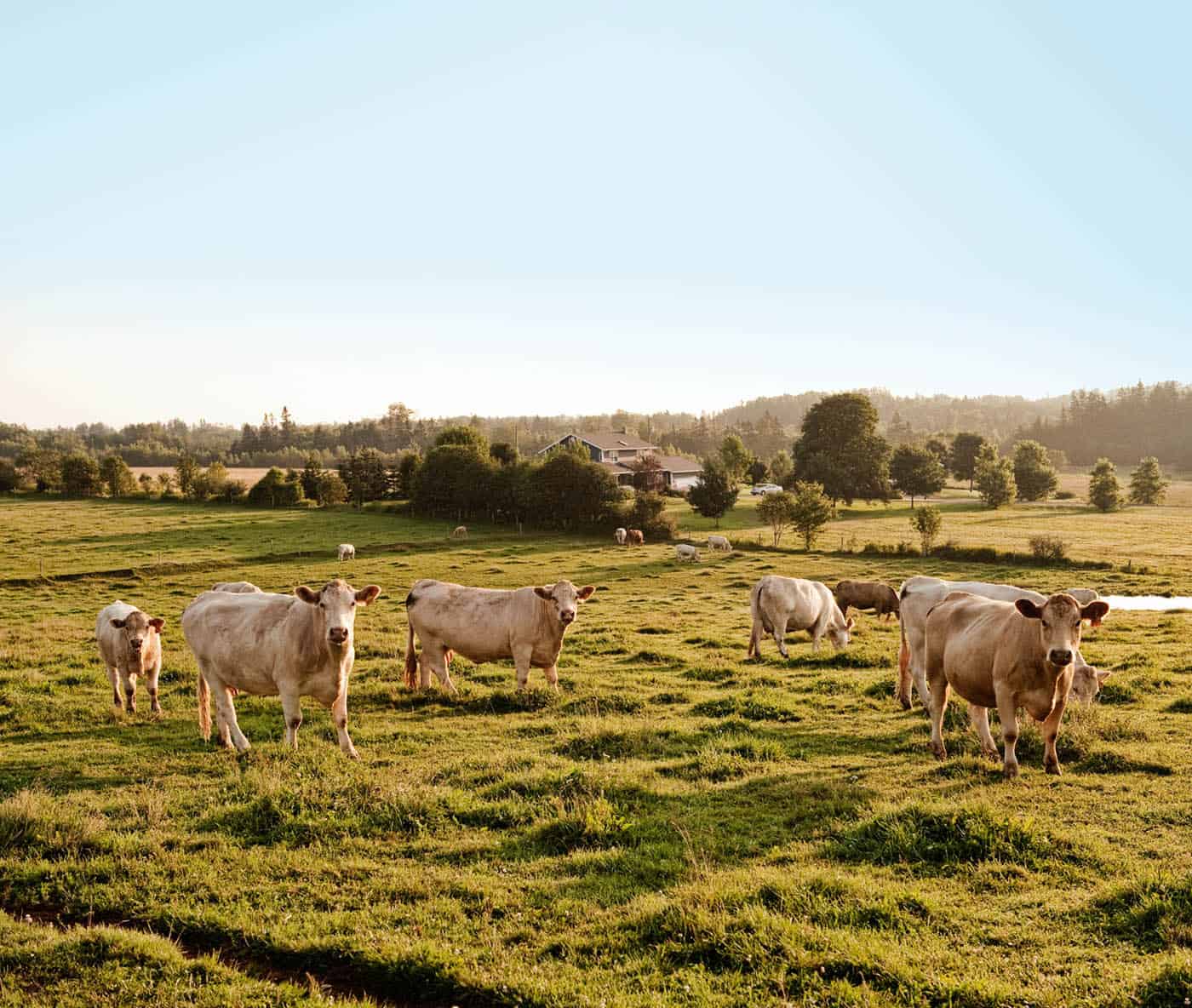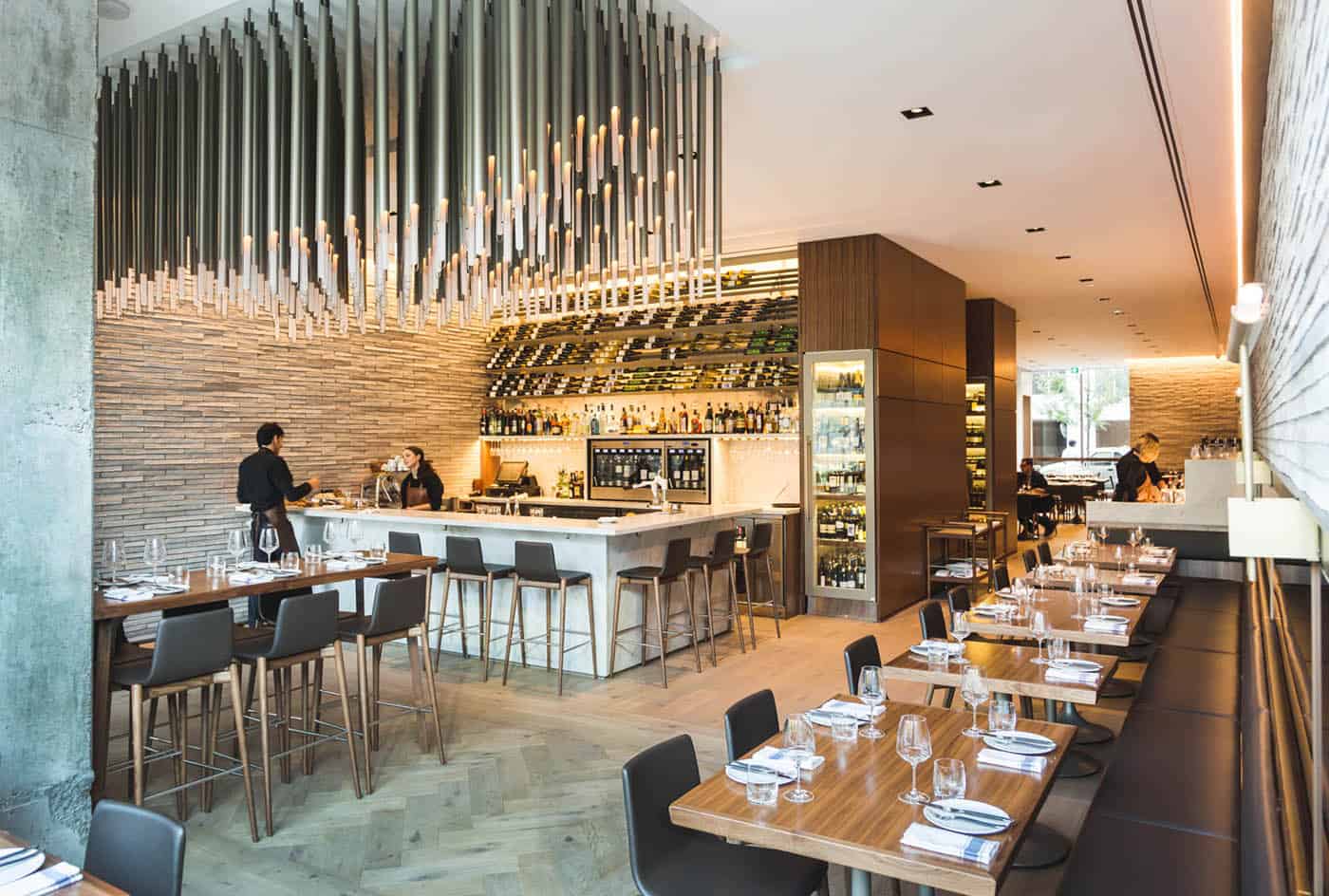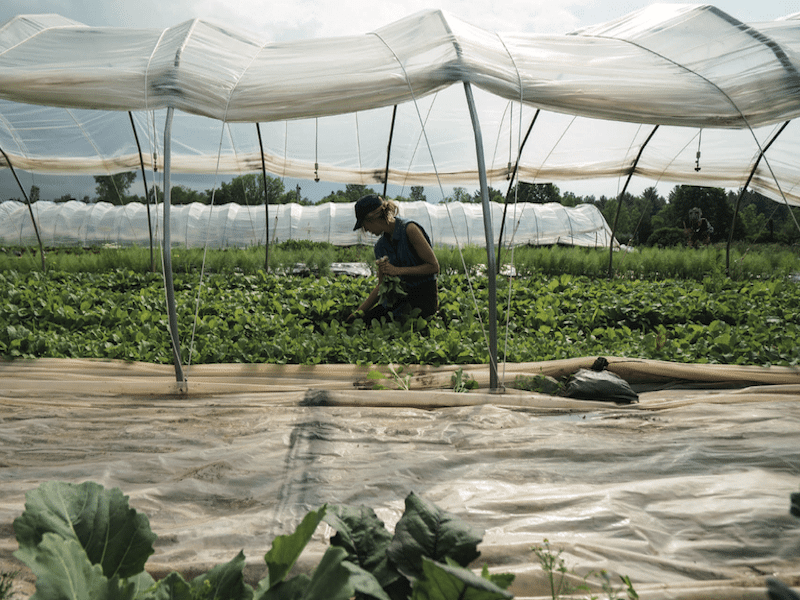
THE TOWN OF HEMMINGFORD, 70 km south of Montreal, is famous for its rich soil, its mild climate and its Zoo Parc Safari, where elephants and giraffes roam free. And revolutionary organic farm La Ferme des Quatre-Temps.
André Desmarais of Power Corporation of Canada, one of the wealthiest men in the country, launched his project to transform Canadian agriculture. The idea for the ambitious La Ferme des Quatre-Temps came to him when the first of his four grandchildren were born, three-and-a-half years ago.
“I asked myself, ‘What can I do to help him have access to healthy food?’” Desmarais says—and he may very well have figured it out, with a little help.
The Desmarais family is well regarded for generously funding universities, cultural institutions and scientific and medical research. The second son of the late Paul Desmarais, founder of the financial powerhouse known as Power Corp., André decided it was time to start helping the agricultural sector, which is uniquely challenged by industrialization, population growth and environmental issues. For him, access to affordable, high-quality, organic and sustainable vegetables is a crucial piece of the solution to global health issues.
“I thought it would be helpful to find new ways to feed everyone,” he says. “And that if we could find ways to develop new agricultural models, to grow better products, we could have a large impact on society.”
Sustainable, affordable and profitable (or economically viable)—these are all key-words for the project.
“Also holistic,” adds Desmarais. “The farm is a whole system.” And even a community. At the Desmarais experimental farm, chickens enrich the soil where the cows graze. The birds eat leftovers from the farm. Pigs are (almost) free to roam the forest nearby. Bees produce honey while attending to their pollination duties.
Before starting the Ferme in 2016, Desmarais sought the advice of his friend David Rockefeller, who died last March at the age of 101. The Rockefellers also have an agricultural project, Stone Barns, created in 2004. This includes a farm, a renowned restaurant, Dan Barber’s Blue Hill at Stone Barns, and an educational facility in Tarrytown, N.Y. Desmarais had always been impressed with their work, especially the idea that efficient organic and sustainable principles could be more productive than traditional farming methods. Desmarais went to work planning his Ferme, recruiting James Ford, who launched and ran Stone Barns until 2008, Eliot Coleman, a legendary gardener from Maine specializing in organic winter farming, and Joel Salatin, who raises livestock in Virginia using holistic management methods.
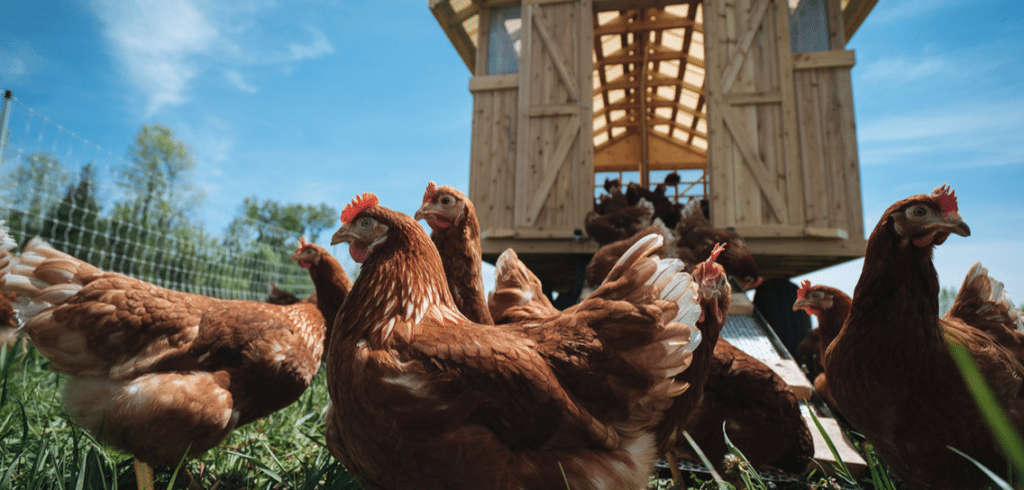 At the top of the list of names of organic farmers who could lead the gardening program was Canadian Jean-Martin Fortier. Fortier is a star in the organic gardening world in Quebec and the rest of the country, but also in the United States and other industrialized nations where organic farming is on the rise. He is the co-founder, with his wife, Maude-Hélène Desroches, of Jardins de la Grelinette, located in Saint-Armand in Quebec’s Eastern Townships. Working with barely one acre of land, they generate more than $100,000 in annual revenue from selling produce. Their story is captured in the how-to guide, The Market Gardener, which has sold more than 100,000 copies and has been translated into several languages. The couple’s low-tech, high-yield farming style impressed Desmarais. Using a comparatively small area for diverse crops means there’s machinery—or the space to move machinery around—which means greater productivity.
At the top of the list of names of organic farmers who could lead the gardening program was Canadian Jean-Martin Fortier. Fortier is a star in the organic gardening world in Quebec and the rest of the country, but also in the United States and other industrialized nations where organic farming is on the rise. He is the co-founder, with his wife, Maude-Hélène Desroches, of Jardins de la Grelinette, located in Saint-Armand in Quebec’s Eastern Townships. Working with barely one acre of land, they generate more than $100,000 in annual revenue from selling produce. Their story is captured in the how-to guide, The Market Gardener, which has sold more than 100,000 copies and has been translated into several languages. The couple’s low-tech, high-yield farming style impressed Desmarais. Using a comparatively small area for diverse crops means there’s machinery—or the space to move machinery around—which means greater productivity.
But when Desmarais first asked Fortier to work for him, the gardener said no. “I had no reason to change jobs,” Fortier says. “Grelinette was doing well. But then Eliot [Coleman] called and explained to me that I just had to do this, that this was not a gentleman farmer’s project but really something that could have a larger impact. We were going to go after the supermarkets and the large farms. So I accepted.”
In 2016, Desroches took over the operations at Jardins de la Grelinette, allowing Fortier to focus on the Ferme in Hemmingford (along with a 45-minute commute each way). Today, after two summers, Fortier and his team of young farmers are proud to sell $20,000 to $25,000 worth of carrots and beets, salad greens, heirloom tomatoes, beans, eggplants and dozens of other vegetables every week.
“That was my target,” says Fortier, “but my target for year 5, not year 2.” He sells food in baskets to a small group of early investors, to consumers directly at Montreal’s Jean-Talon and Éclusiers markets, and in a small olive oil store in Westmount that transforms itself into a market every Thursday afternoon.
In addition, Fortier sells to chefs at a several restaurants. His clientele is pretty much a list of Montreal’s best dining rooms: Toqué!, Au Pied de Cochon, Foxy, Joe Beef, Liverpool House, Le Vin Papillon, Le Club Chasse et Pêche, Montréal Plaza, Maison Boulud, Maison Publique.
“It’s incredible for us to have this happening,” says Dyan Solomon of Montreal’s popular Olive + Gourmando and Foxy. “Their vegetables are beautiful and fresh and tasty, and the service is super-efficient, which is not always the case with small farms. I really admire what they are trying to do.” She says the pricing is competitive, similar to high-quality but non-organic produce. “What’s not to like?” she adds.
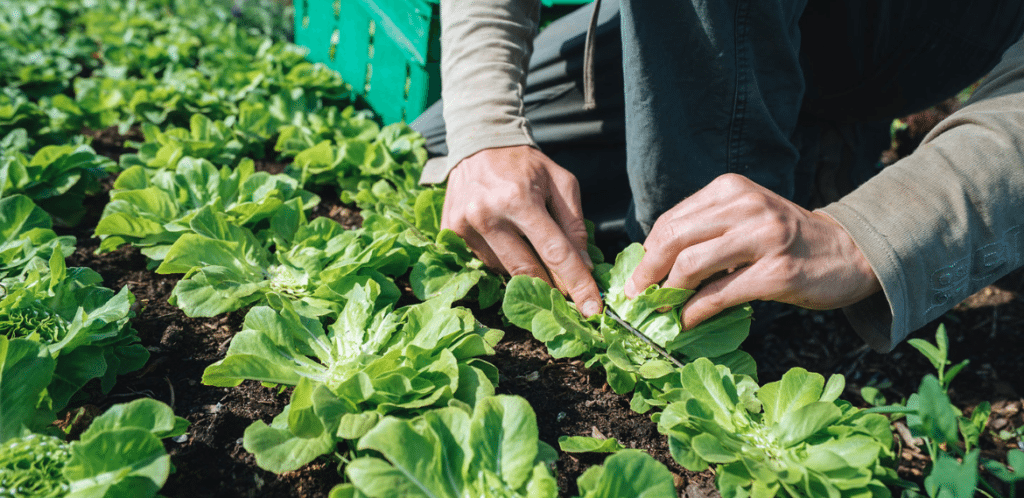 By all accounts, the Ferme’s new business model looks like it’s working. But Desmarais does not want to have just one super-efficient and profitable organic farm. He wants to start more of them. And he wants the eight young farmers trained every year at Hemmingford to establish their own operations, too. That’s the revolution he is looking for: not mass agriculture but agriculture by the masses.
By all accounts, the Ferme’s new business model looks like it’s working. But Desmarais does not want to have just one super-efficient and profitable organic farm. He wants to start more of them. And he wants the eight young farmers trained every year at Hemmingford to establish their own operations, too. That’s the revolution he is looking for: not mass agriculture but agriculture by the masses.
“At first, I was worried for the small organic farmers, that they would now have to compete with the Ferme,” says Normand Laprise of Toqué! “But that changed when I found out Fortier and his team would help young farmers to start on their own. That is a really important contribution.”
Two young farmers training at the Hemmingford facility this past summer plan to launch a new farm in Ajax, just east of Toronto, where vegetables could be available as early as next summer. That farm will also be a training ground for 10 to 12 young farmers. “If all goes according to plan,” says Desmarais, we could fire off more farms from there.”
There is another Quatre-Temps farm operating in Port-au-Persil, about two hours north of Quebec City, not far from Sagard, where the Desmarais family has a sprawling summer residence. He chose the location so lambs could access the salty grass that grows along the St. Lawrence River, which is almost as saline as the ocean. There is also a plan to start a farm in Newfoundland, possibly next year, along with one in Montreal and another near Quebec City.
Desmarais’ challenge now is distribution—to find efficient ways to get the product to a wide range of customers at affordable prices, and without subsidies, of course. One way, he muses, might be to “eliminate the middlemen.” But he won’t reveal his strategy just yet. “I’ll tell you when I know more.”
For now, his vision is to have 100 farms in operation within 10 years. “So we are going to try many things. We will look at different avenues. We need to find solutions. And we’re going to give it a hell of a try.”

